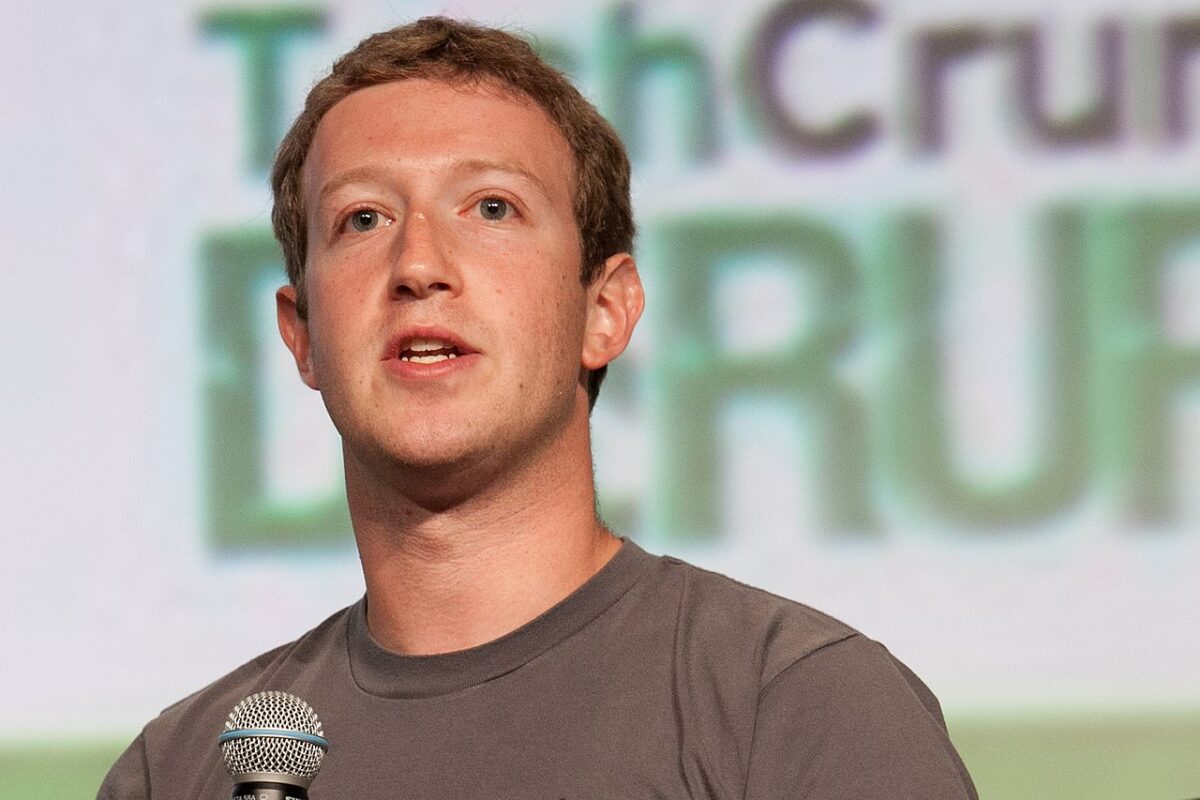Facebook in recent days has removed more than 900 social media accounts linked to the white supremacist organizations Proud Boys and American Guard. Facebook sprung into action after discovering that their members had discussed plans to bring weapons to protests across the United States condemning last month’s murder of an African American man, George Floyd, in Minneapolis.
Facebook’s decision to ban these groups from its widely used platform was wise and timely. Unfortunately, Facebook still has a way to go before it can honestly claim it has adopted a zero tolerance policy toward hate groups.
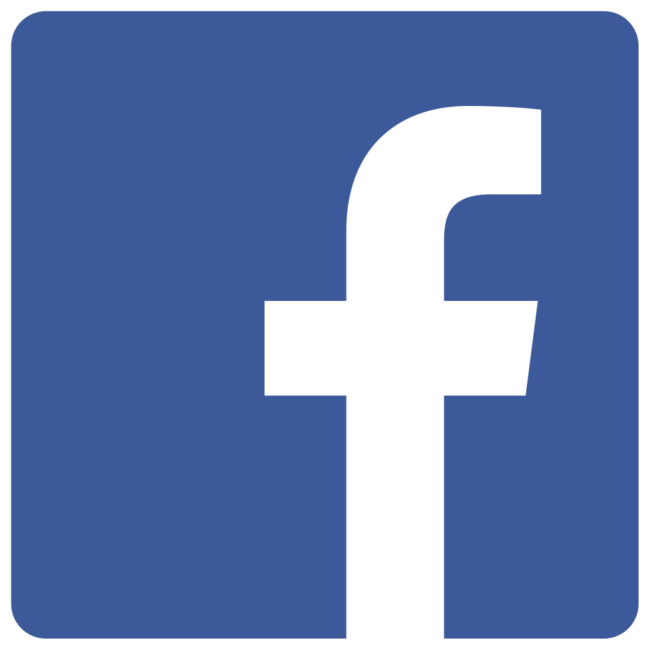
Regrettably, Facebook still permits them to advertise and place posts, as the Anti-Defamation League and five other American civil rights organizations have pointed out.
The Anti-Defamation League, in conjunction with the National Association for the Advancement of Colored People, Sleeping Giants, Color of Change, Free Press and Common Sense, have begun to apply pressure on Facebook through a campaign to persuade large companies to pull its ads from Facebook starting on July 1.
Advertisements generate substantial revenue for Facebook, and a good proportion of it could vanish if these companies cooperate with the Anti-Defamation League and its allies and if Facebook continues to abide by its misguided policy.
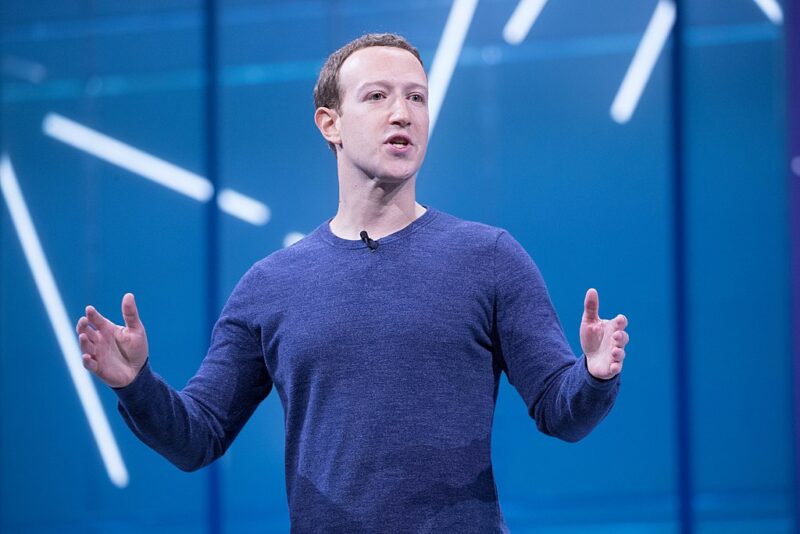
One can only hope that Facebook’s founder and chief executive officer, Mark Zuckerman, is open to change and is amenable to the proposition that hate organizations do not belong on his platform. First Amendment rights to free speech do not sanction incitement to hatred and violence against anyone, especially minorities.
The fact of the matter is that Facebook’s record with respect to this issue is disappointing.
As the chief executive officer of the Anti-Defamation League, Jonathan Greenblatt, said in a forceful statement on June 17, Facebook has “a long history of allowing racist, violent and veritably false content to run rampant on its platform.”
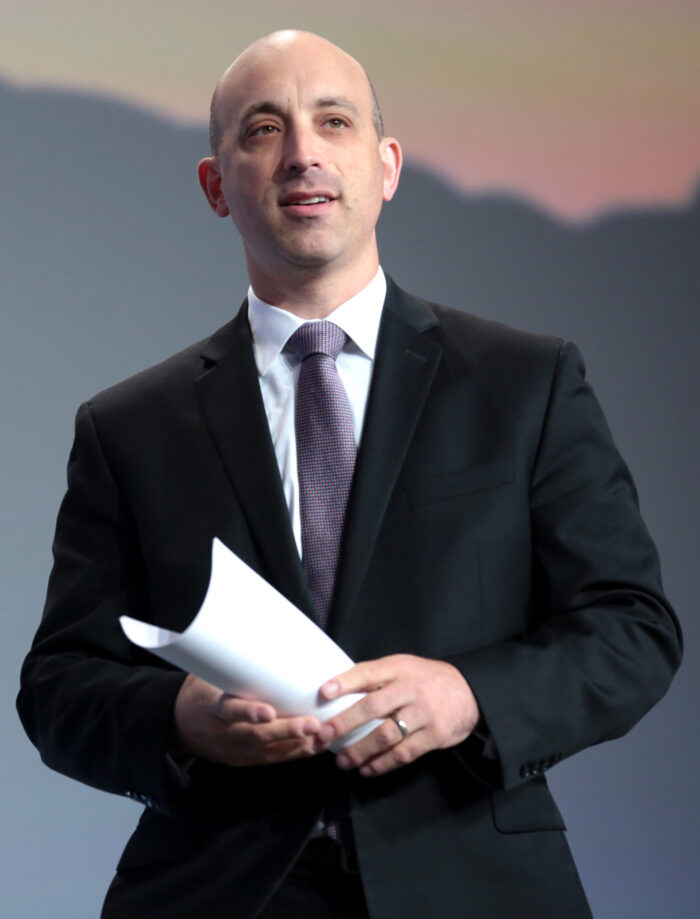
He added, “We have long seen how Facebook has allowed some of the worst elements of society into our homes and our lives. When this hate spreads online, it causes tremendous harm and also becomes permissible offline.”
As Zuckerman knows, antisemitic and anti-black groups have egregiously exploited the internet to disseminate their toxic and unacceptable views. And yet Facebook’s reaction to this troubling and dangerous phenomenon has been bewilderingly underwhelming.
Clearly, Facebook can do a lot more to combat the spread of organized hatred, particularly at a time when racism in general and antisemitism in particular are on the ascendancy. In the past few years, African Americans and Jewish Americans have been the objects of escalating attacks.
Given these circumstances, Facebook should have drawn the logical conclusion and barred white supremacist and antisemitic groups from its site. But as Greenblatt reminds us, Facebook has repeatedly failed to do the right thing, his appeals notwithstanding.
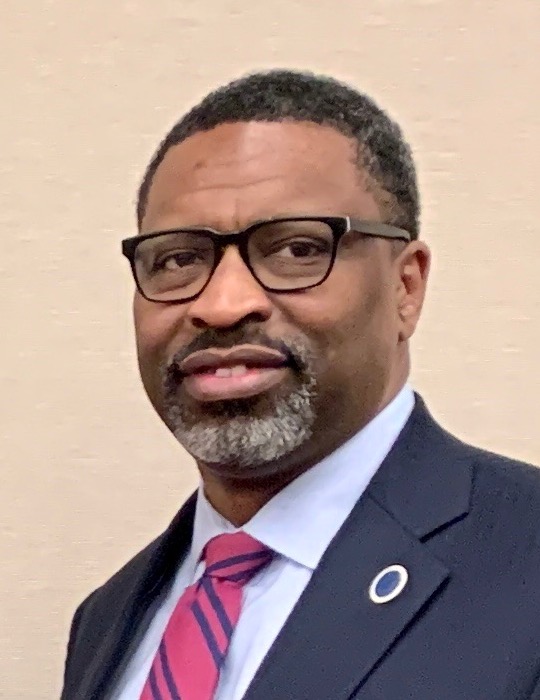
Derrick Johnson, the president of the National Association for the Advancement of Colored People, is as frustrated as Greenblatt. As he put it, “Facebook remains unwilling to take significant steps to remove political propaganda from its platform. It is clear that Facebook and its CEO, Mark Zuckerberg, are no longer simply negligent, but in fact, complacent in the spread of misinformation, despite the irreversible damage to our democracy.”
Strangely enough, Facebook recently removed inflammatory posts and ads placed by President Donald Trump’s reelection campaign. What Facebook found objectionable was a large red triangle denouncing Antifa, a loose collective of anti-fascist protesters whom he holds responsible for the mayhem and vandalism that broke out in the immediate aftermath of George Floyd’s tragic death on May 25.
“We removed these posts and ads for violating our policy against organized hate,” Facebook explained.
Historically, the red triangle was used by the Nazi regime in Germany to identify communists and other political undesirables who had been sent to concentration camps.
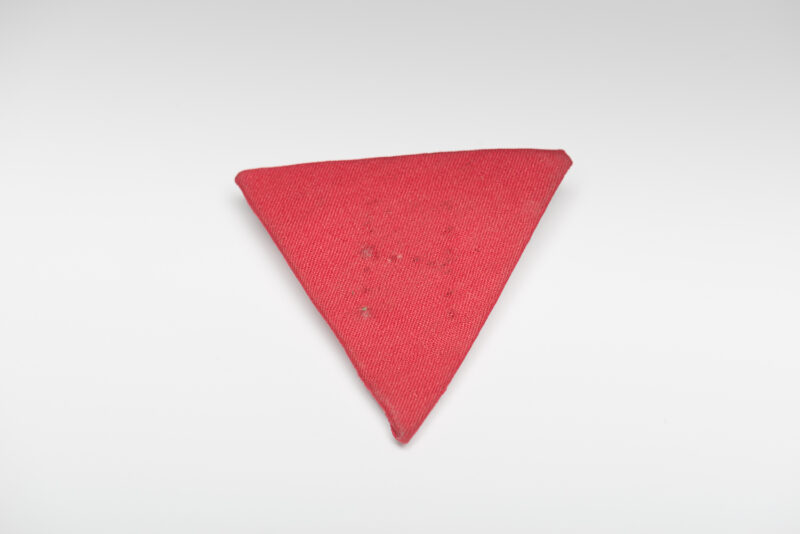
Facebook’s policy is confusing and contradictory, to say the least.
On the one hand, it tolerates outrageous antisemitic and anti-black content. Yet on the other hand, it removes a red triangle, which is far less offensive and totally unknown to the vast majority of Americans.
Zuckerberg knows perfectly well what must be done to resolve the problem and clear the air. Policy inconsistencies should be straightened out, and better still, hatemongers should be kept off Facebook altogether.
Are you listening, Mr. Zuckerberg?
